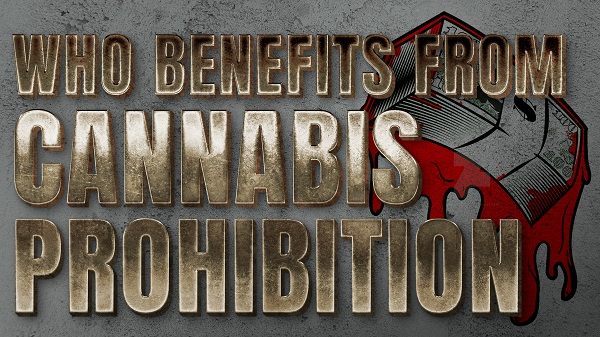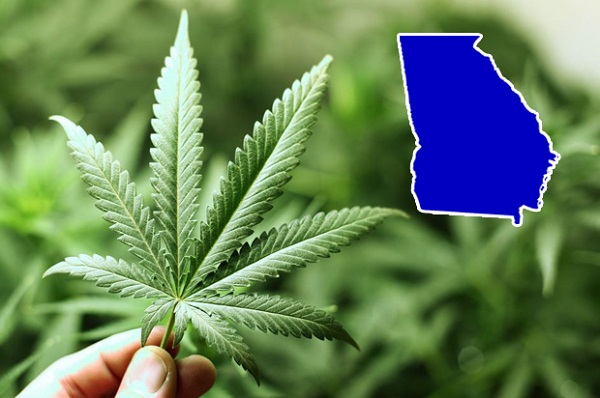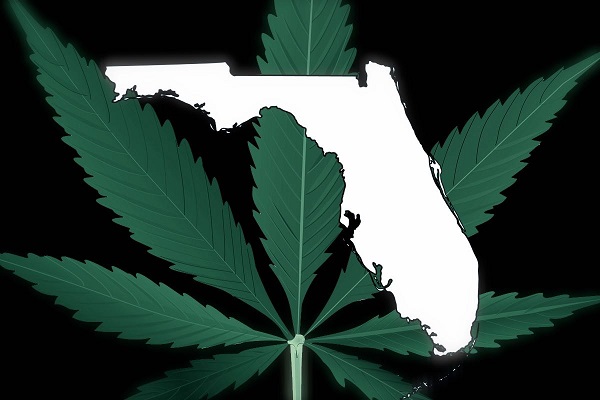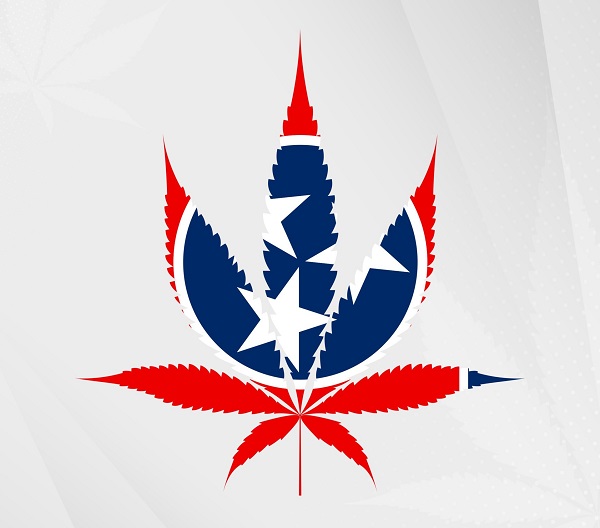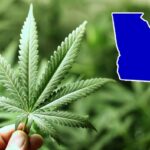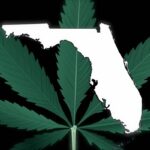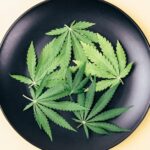Cannabis prohibition was introduced to protect society from threats such as murder, mayhem, drug abuse and total collapse, which everyone from politicians to parent-teacher associations talked about. However, nearly a century later, cannabis prohibition has caused the same problems it was supposed to solve. So who really benefits from cannabis prohibition?
People who oppose cannabis may be associated with the drug trade in the first place. Their idea of a drug dealer is usually associated with a scary, dark figure, hiding under a hood and cap, who offers the first dose for free, to trap unsuspecting victims in the clutches of a lion. For informed and knowledgeable people who are less susceptible to propaganda, it takes some time to remember that a drug dealer can be used to refer to the careless “gardener” who periodically approaches people and asks them, “would you like to buy some hash?»
There are many people who deal drugs and sell exclusively cannabis. They adhere to this choice for various reasons, such as ethics, personal safety, and the ability to grow their own supply. This group is not subject to cannabis prohibition and does not consider it dangerous. However, there is another group of drug dealers that is stereotyped and has little basis in reality. This group deals only in cannabis and offers no other drugs. In contrast, drug dealers sell a wide variety of substances and may offer other drugs if they run out of cannabis. This practice spreads the myth that cannabis is a “gateway drug.”
However, not all of the problems and benefits of cannabis prohibition are due to these people. Many of them are simply store employees for organized crime groups. This is a wholesale supply industry where everything becomes dangerous, and the more money involved, the greater the risk.
Criminal groups benefit from cannabis prohibition
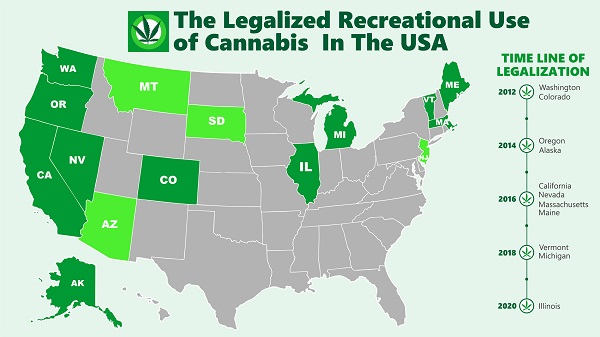
As long as cannabis remains illegal, it will continue to be of interest to organized criminal groups. This is due to the fact that drug traffickers can make a steady income from cannabis sales without paying taxes or regulation. Cannabis production is relatively simple, which also contributes to its popularity among drug traffickers. The 2016 EU Drug Markets Report indicates that the retail cannabis market in the EU in year 3 was valued at more than €9.3 billion, representing almost 40 percent of the entire illicit drug market.
The cannabis situation is reminiscent of the alcohol situation during Prohibition in the US. The mafia and other criminal gangs stopped selling alcohol because it was no longer profitable. However, they continued their activities, switching to other types of crime. Cannabis traffickers also use unethical and ruthless methods to make money. They attract people who value money more than quality products, safe and humane working conditions, and human lives.
Organized crime groups are also all too willing to extend cannabis credit to those who are unable to repay it, and then force them into actions they would otherwise never take to repay the debt. Large-scale illegal cannabis production generates cash flows that are returned to the black market, “laundered” or used to finance activities that are far worse than growing plants.
Terrorists also benefit from cannabis prohibition
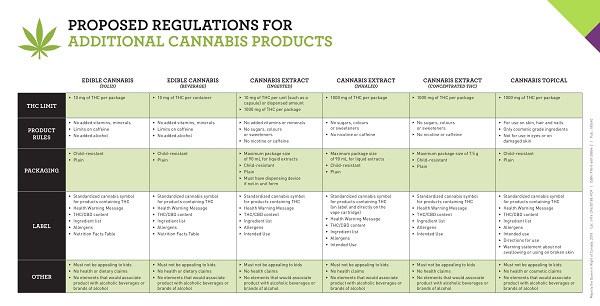
There are various groups that profit from the illegal status of cannabis. Recent discoveries by Italian police indicate that ISIS and the Italian mafia are cooperating to transport cannabis from North Africa to Europe. In April of this year, Franco Roberti, head of Italy’s national antimafia terrorism directorate, stated that ISIL controls significant sections of the European cannabis smuggling route to Libya and the Mediterranean. Although cannabis is strictly forbidden by Sharia, the terrorist organization apparently receives about 7 percent of its funding from drug trafficking.
According to Quran 5:90, “Intoxicants…are nothing but defilement from the work of Satan, so avoid [them], perhaps you will succeed.” According to Sayyid Ali Khamenei, the religious authority and current head of the Islamic Republic of Iran, in his book “Practical Laws of Islam,” “It is Haram to use drugs in any form…to engage in drugs in any way, i.e., to transport, carry, store, sell, buy, etc.” Obviously, ISIS does not follow the principles of Islam. Mr. Roberti, in his book “The Opposite of Fear,” proposes not increasing prohibition, but decriminalizing or even legalizing cannabis, which could be a weapon against traffickers, among whom could be terrorists who profit from it.
This is not a new phenomenon, and sometimes money just takes it out of the equation: back in 2002, U.S. authorities foiled an alleged attempt by a U.S. citizen and two Pakistanis to trade tons of hashish and heroin for Stinger missiles they planned to sell to al-Qaida.
The rise of the gun trade due to cannabis prohibition
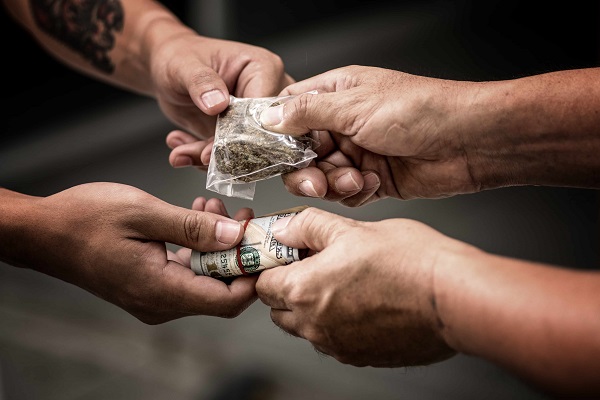
Terrorist groups tend to be fully armed. In most cases, the proceeds from drug control are used to purchase weapons. This is also true of the cartels that have waged a bloody war on the Mexican-U.S. border, where illicit drug trafficking has killed hundreds of thousands of people. Exactly how much of the cartels’ income comes from cannabis is difficult to determine. Estimates range from 15% to 60%, but this only includes cannabis shipped from Mexico to the U.S. and does not take into account cannabis grown by cartels on U.S. soil.
Cartel groups receive weapons that have been “diverted” from the U.S. military and Mexican law enforcement, as well as military-grade weapons that are legally available in the United States. This includes fully automatic weapons manufactured before 1986 and “assault weapons,” which are defined in 43 states as semi-automatic firearms with high-capacity magazines. The black market trade in the latter is further facilitated by the fact that most states do not require reporting lost or stolen firearms. The guns are then smuggled into Mexico, paid for by drug sales, and sometimes simply exchanged for cannabis.
A report by the Organized Crime Unit of the Mexican Attorney General’s Office (PGR) found that weapons seized from cartels, including long-barreled rifles, most of which are legally allowed only to be used by the armed forces, account for three-quarters of all weapons. More than 70 percent of drug profits in the U.S. are used to buy guns. Among the weapons seized were fragmentation grenades, rockets and anti-personnel mines.
The Mexican and U.S. governments are providing weapons, training and assistance to law enforcement agencies. As part of the Merida initiative, Mexico received more than $1.2 billion in weapons, training and assistance from the U.S. from 2009 to 2015, and the total assistance was expected to be $2, billion. That amount includes Black Hawk helicopters manufactured by Sikorsky Aircraft, a subsidiary of the world’s largest weapons manufacturer, Lockheed Martin. Cartel groups most often use two types of long guns: AK-47 models and AR-15 rifles. Both types of weapons are manufactured in the United States.
What is absolutely clear, looking at this battlefield alone, is that the real winners are those who produce and sell the weapons used by both sides. Whether the money comes from governments or cartels, much of it is created by cannabis prohibition and goes to the companies that stamp out the guns of death. This applies to all lands affected by the War on Drugs.
How do banks benefit from cannabis prohibition?
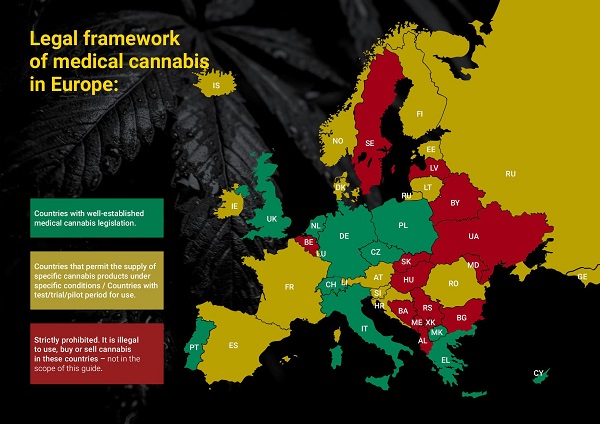
So how does the vast sums of money associated with the illegal arms and drug trade move? The legal side of the arms trade can use the banking system with impunity, but what about the illegal side? Furthermore, not all of the money generated by the illegal drug trade is used to buy guns. Although the cinematic reception of suitcases full of cash may be effective for small transactions, when it comes to amounts in the hundreds of thousands of dollars, it is not enough.
History of drug money laundering
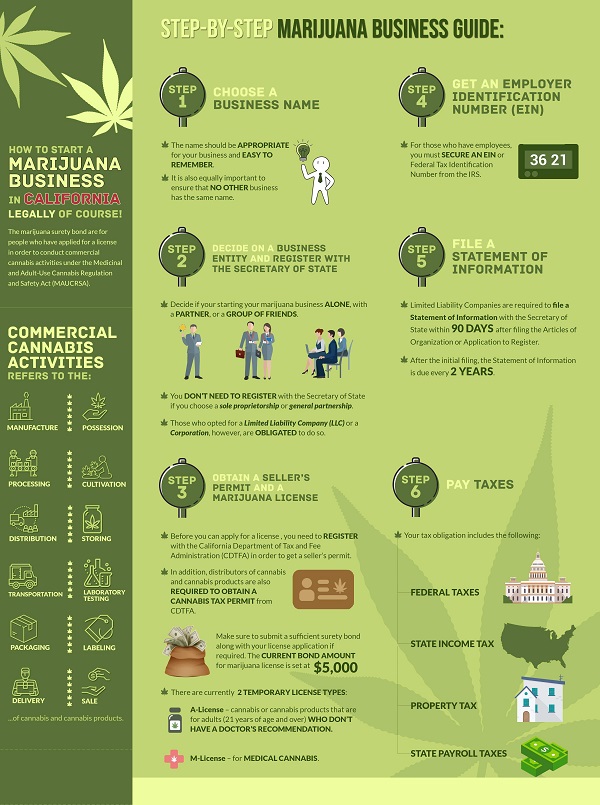
In the early 1980s, the Organization for Economic Cooperation and Development in Paris discovered that considerable amounts of Italian Mafia money were passing through the international banking system, turning from black to white. To combat this, the Financial Action Task Force on Money Laundering was created and slowly but surely fought the problem. As banking institutions evolved and became more globalized, it became increasingly difficult for illicit money to penetrate their systems.
In the early 2000s, however, things changed. The first financial crisis erupted, and controls on the system became much looser, especially for offshore jurisdictions. The proceeds of drug crimes again entered the banking system. In Mexico, currency exchange offices known as “casas de cambio,” which handled international money transfers and traveler’s checks, did big business with the U.S. bank Wachovia, now owned by Wells Fargo. In 2004, Wachovia was one of the largest banks in the United States and was already turning a blind eye to the huge transactions taking place in the form of cash deposits, sequentially numbered traveler’s checks and aircraft purchases handled by “casas de cambio».
HSBC was also involved in similar actions. It processed $376 billion (about €335.8 billion) for Wachovia, and when Wachovia was investigated and terminated in 2009, HSBC continued to accept and process huge amounts of money from cartels. Using “casas de cambio,” banks in Mexico and California that it bought, and its own branches, HSBC facilitated the laundering of money from the drug trade and also facilitated banking transactions for terrorist organizations.
Banks between 2008 and 2011, when the global financial crisis peaked, needed liquid assets that dried up from legitimate sources and interbank loans. Organized criminal groups, thanks to the effectiveness of the FATF in previous years and the escalation of the war on drugs, got cash that became even more lucrative. Of course, this money benefited the banks.
That’s a fact. In interviews in 2009 and 2012, Antio Maria Costa, executive director of the United Nations Office on Drugs and Crime (UNDOC), explicitly stated that money from international drug trafficking was used to bail out banks during the financial crash.
In 2009 he stated that this black money was the only liquid investment capital available to some of the banks on the verge of collapse in 2008, and that much of the $352 billion (€314 billion) in drug profits had been absorbed by the economic sector. system as a result. Involuntarily or not, the entire global banking system, from CEOs to tellers, has benefited from cannabis prohibition.
Who benefits from the legalization of cannabis?
This article, while serious and long, raises some quirky questions. If the cannabis trade were legal, what state would the economy be in today? If huge deposits of cash were legal and taxed, how would that affect the economy? How much of the money currently being spent to arm government forces fighting the war on drugs could be used for schools, health care and community centers? Who would we rather see profiting – ethical farmer cooperatives or gun manufacturers? And finally, do frontline “drug dealers” really benefit from cannabis prohibition? Share your opinion in the comments.

